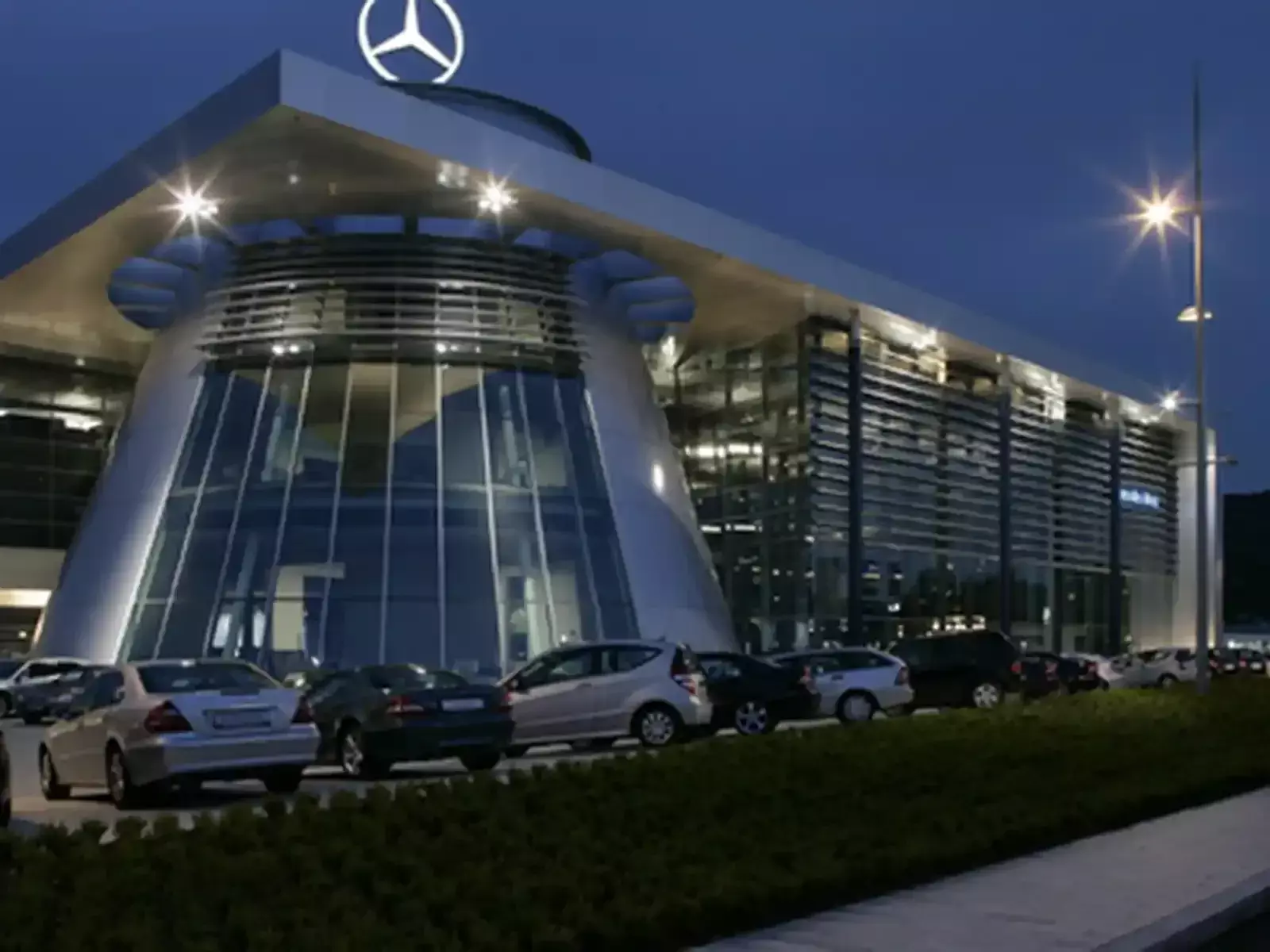Summary
- Benz currently sells four luxury electric vehicle models
- EVs account for 3 per cent of the company's sales in India.
The company expects 25 per cent of its total sales in India to come from electric vehicles in India by 2027.
"We are very happy with the development of our EVs (electric vehicles) here in the Indian market with (models such as) the EQS and the EQB. We'll have four more vehicles coming in," Luehrs told reporters here in an interaction.
The company currently sells four luxury electric vehicle models -- EQS, EQB, EQC and EQS AMG -- in the Indian market.
On the sales expectation from the EV portfolio in India, Luehrs said, "We will have 25 per cent (of total sales), that's our planning assumption, of electric vehicles in the next four years."
At present, sales of EVs account for around 3 per cent of the company's total sales in India.
Last year, Mercedes-Benz India posted a 41 per cent growth in its total sales with a record 15,822 units as compared to 11,242 units sold a year ago. Its previous best sales were achieved in 2018 at 15,583 units.
On being asked when the new four EV models would be launched, Mercedes-Benz India Managing Director & CEO Santosh Iyer said it would be in the next 8-12 months, as a combination of import of completely built units and import of completely knocked down units assembled at the company's Chakan plant.
In terms of the potential of the market here, Luehrs said, at present, India is the fifth largest market in the "overseas" region -- which comprises 120 markets other than Germany, the US, UK and China -- for Mercedes-Benz. South Korea, Japan, Australia and Turkey are ahead of India in the company's rankings in the overseas markets.
It might be possible for India to become the fourth in the next two years, he said when asked if India can move up the ladder.
"The factors which make us very optimistic is that we have seen a big change in the structure of customers in India," Luehrs said on company being bullish on India.
Currently, the average age of the buyers of the company's top end sedan S Class is 38 years and that of C Class model is 35 years "that's 10 years younger than 10 years ago... and we see a 15 per cent female customer share, which is 10 per cent more than 10 years ago", he said, adding that the customers in India were also very quick and keen to adopt new technologies that the company offers.
Asked if high taxation is hampering the growth of the luxury car market in India, Luehrs said, "In general, any tax that is going higher prevents from selling more cars or goods but that's the normal equation."
While different markets in the globe cannot be compared as they have their own peculiarities, he said, "But obviously, if you have one market with less taxes, then you will sell more cars. That's very obvious. That's the case in the US. That's the case in Europe, that's the case in China. Therefore, obviously, if you have more taxes then the niche becomes smaller."
When asked about the impact of regulatory challenges, he said, "I can only say we (have) operated (globally) since 100 years and in all sorts of markets, and regulations go, and change up and down and sideways everywhere. Also, in Germany, also in India, in China, also in the US, and we adapt to it. That's why we are a leading luxury company in the automotive market. So we just adapt to the regulations and some regulations are more beneficial than the others."
When a new regulation comes up in the first instance it is a new obstacle, a new challenge, he said, adding that "and we manage the challenge. We have ideas how to manage that. For one or two months, obviously slowing down the process if you want to, but then afterwards, we manage, we have new suppliers, and we will manage them."
On whether some more predictability would help plan business better, Luehrs said it is not unique to the Indian market but is an international topic.
"While doing business with more lead time you can adapt easier to any new regulations," he said.
 Learn & Earn
Learn & Earn  Home
Home
